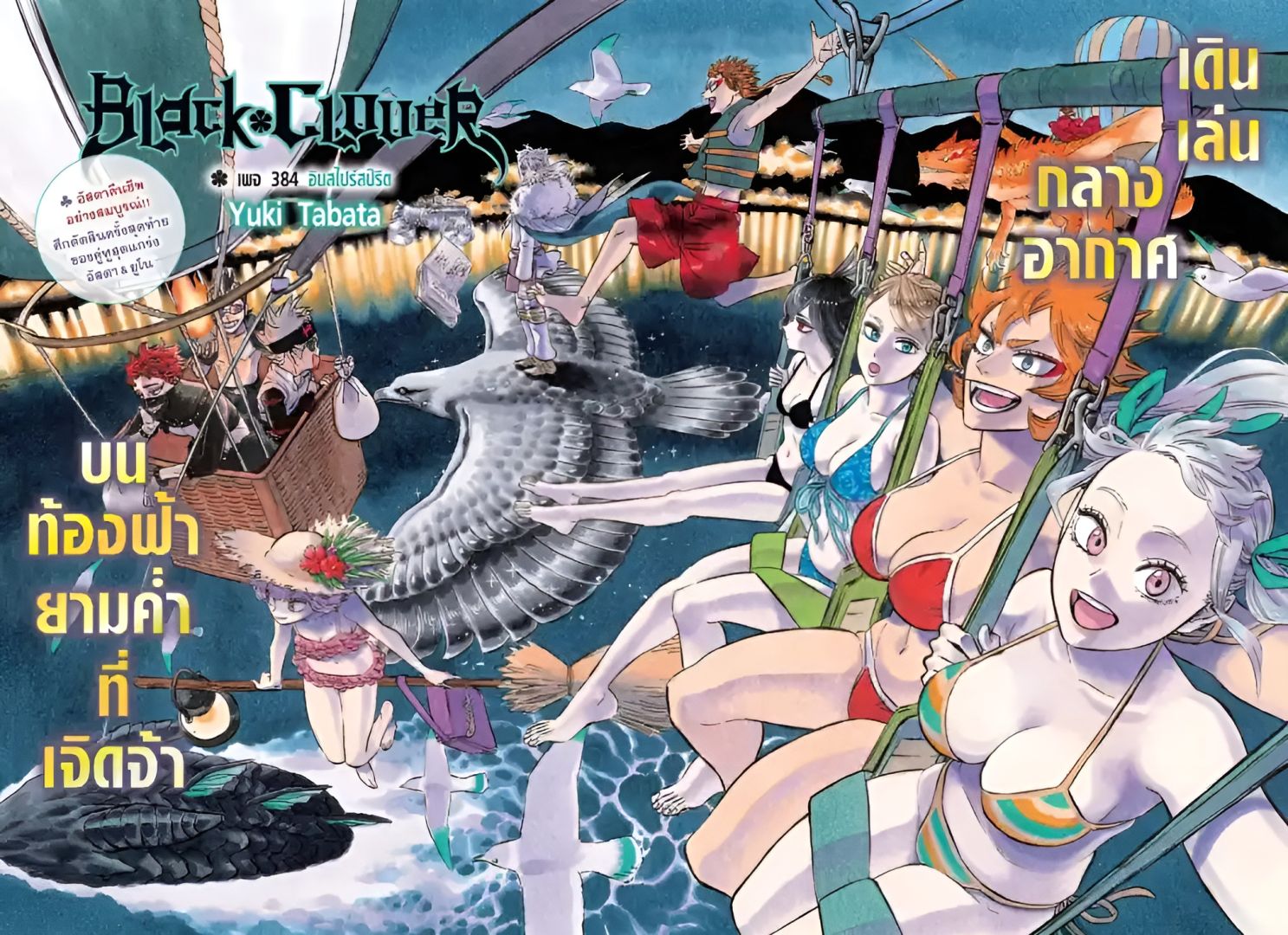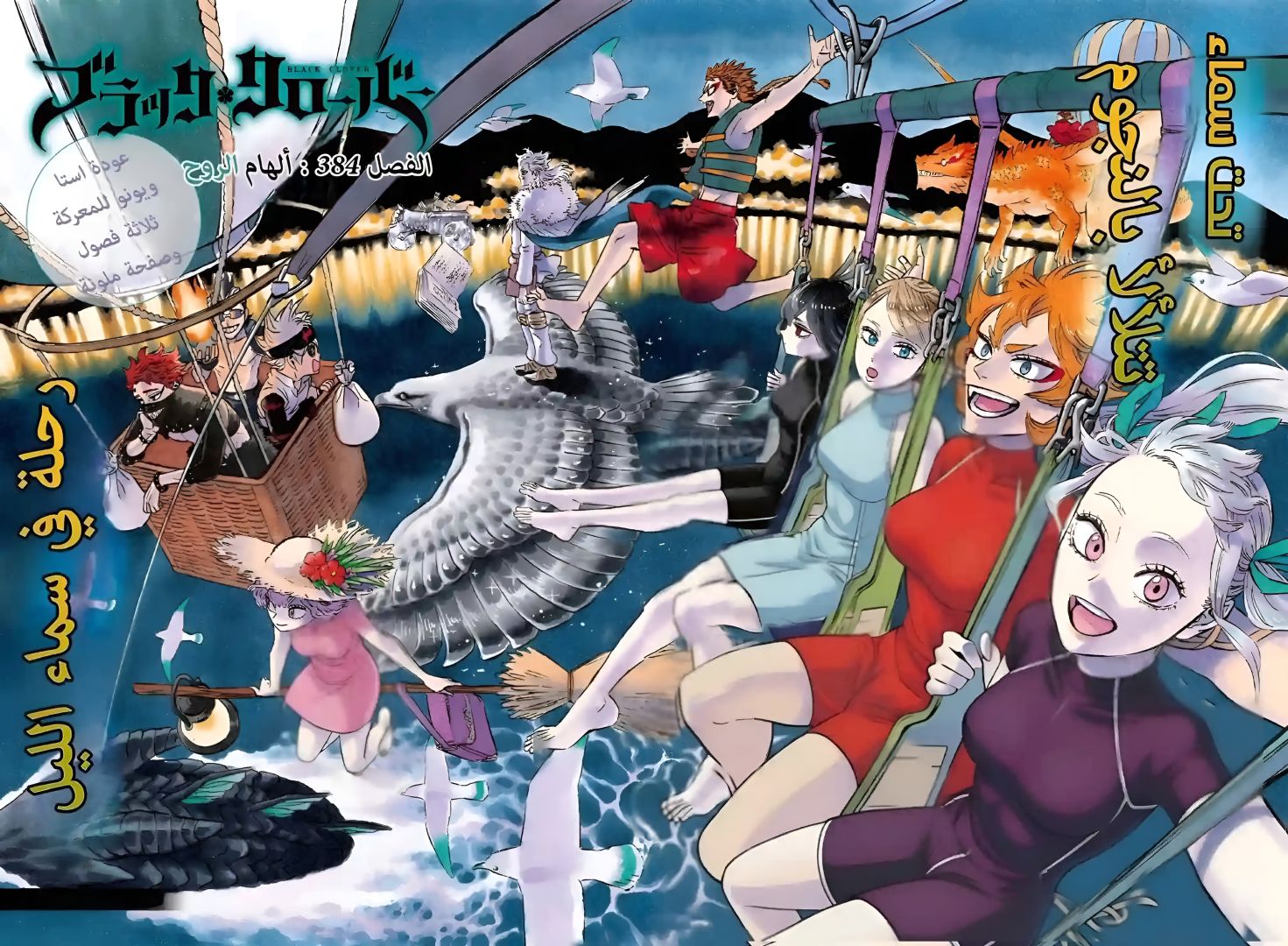A new controversy arose around the manga Black Clover after one scan arabic will use artificial intelligence to censor the female protagonists on the chapter cover 384. In the original illustration, the girls appear in swimsuits, but the modified version shows them completely covered in digitally added summer clothing.


The censorship did not come from the official publisher
Contrary to what many thought at first, this edition was not published by Shueisha nor by any official means, but by a group of pirate translation who altered the content before distributing it online. Those responsible for the modification stated that they used AI to “remove the fanservice” from the manga, an action that quickly generated discussion on social networks.
On platforms such as X (Twitter), several users shared comparisons between the original cover and the censored version. Some defended the edition as a “cultural adaptation,” while others considered it a distortion of the author's work. Yuki Tabata.
Debate on fanservice and cultural limits
One profile went viral by posting a message congratulating the team for “eliminating the fanservice” and criticizing the manga's creator for his artistic style, writing: “Many congratulations to that team for removing the fanservice from the illustration. Tabata's behavior is a shame, let's continue this fight for a world without fanservice.”
The discussion has reopened the debate on the cultural censorship and the role of artificial intelligence tools in modifying original works. Although it is not an official case, the incident shows how technology can be used to alter the artistic intention behind a published work.
Do you think the use of artificial intelligence to censor artistic content should be considered a form of cultural manipulation?
